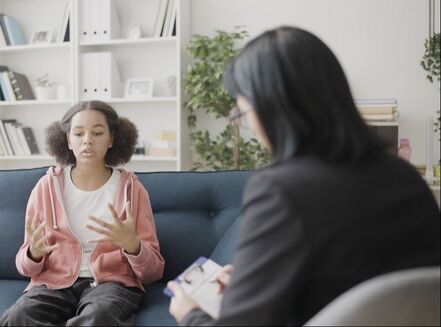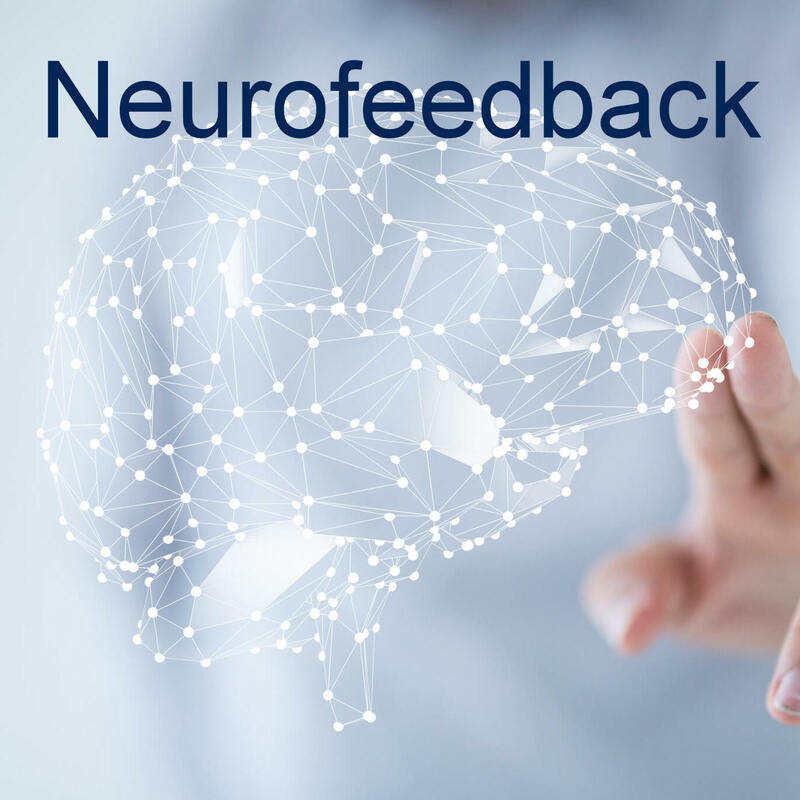|
by Linda Montalbano, Mental Health Counselor Many children and adolescents struggle, whether it be with friendships, school issues, problems within the family dynamic, or something else. It is very common if your child is hesitant to share their worries and problems with you. Therapy is an excellent outlet for children. In therapy, children learn to talk about and work through their problems. They learn healthy coping methods and communication skills. How do you know when to take your child to therapy? It can be nerve-wracking and stressful when you realize your child is struggling. When areas of their lives are affected or become unmanageable, it is a good indicator that your child may benefit from therapy sessions. Some signs include struggles in school performance, changes in friendships and relationships, decreased self-esteem, changes in appetite and sleep habits, and symptoms of anxiety and depression. What issues does therapy address? Therapists are professionally trained to help clients who are going through tough times. Struggles include family problems, school issues, grief, health issues, relationships, life transitions, and friendships. Therapists support clients to work through feelings from sadness to anger to stress, worry, and low self-esteem. Children and adolescents with conditions such as ADHD, depression, anxiety, OCD, eating disorders, substance use, trauma, and other struggles frequently seek help through therapy.  What happens during therapy? If your child is struggling and does not know how to cope, therapy can be a tremendous, supportive outlet, primarily if the challenges affect their daily routines, feelings, and behaviors. Younger or older, kids learn to work through their feelings and learn to solve problems. In therapy, kids learn in various ways, and sessions should be tailored to their individual needs. With younger kids, this means not just talking, but also playing. For older kids and teens, therapists share activities and ideas that focus on learning the skills they need. Therapy should be a positive experience for them as they build self-esteem and discover their strengths. Therapy is essential to enforce strong coping skills that will carry them throughout life. A first session may look different than the rest. Typically, the therapist may meet with the parent/s or caregivers to get a general sense of what has been happening and get a detailed background history of the child. The next session may be the child alone, depending on age. The first few sessions work on building trust and rapport so the child feels comfortable expressing themselves to this new person. Sessions may vary based on individual needs and personality. Some sessions include talking, as they learn to put their feelings and emotions into words as the therapist listens and supports. Activities will be utilized to teach emotional vocabulary and coping skills. Some interventions include mindfulness to teach healthy ways of lowering anxiety and coping during stressful situations. Various games may be played based on the child’s presenting problems including board games, role-playing, and solution-focused activities.  How do parents remain involved? It is essential to feel comfortable with your child’s therapist and ensure that open lines of communication exist. I check in with parents regularly, making sure we are all on the same page and talking openly about how things are going, both in sessions and at home. Making sure you are consistent with your child’s sessions is very important. Time and consistency ensure successful therapy…it may be frustrating, but patience is key here as change takes place over time! Being open to your therapist’s suggestions and occasional fun “homework” assignments helps reinforce what is being taught within the walls of the therapy room. Starting therapy can be daunting, but it doesn’t have to be. Choosing the right therapist and knowing what to expect will help ease your way into the process. At Wavelengths, we offer a free 15-minute phone consultation to get you started, so that you can meet your therapist and ask any questions you may have before we begin. If you are concerned about your child and wondering if therapy will help, please feel free to call us and set up a consultation with me. I am here and will be happy to speak with you!
0 Comments
Leave a Reply. |
Archives
October 2023
Categories
All
|


















